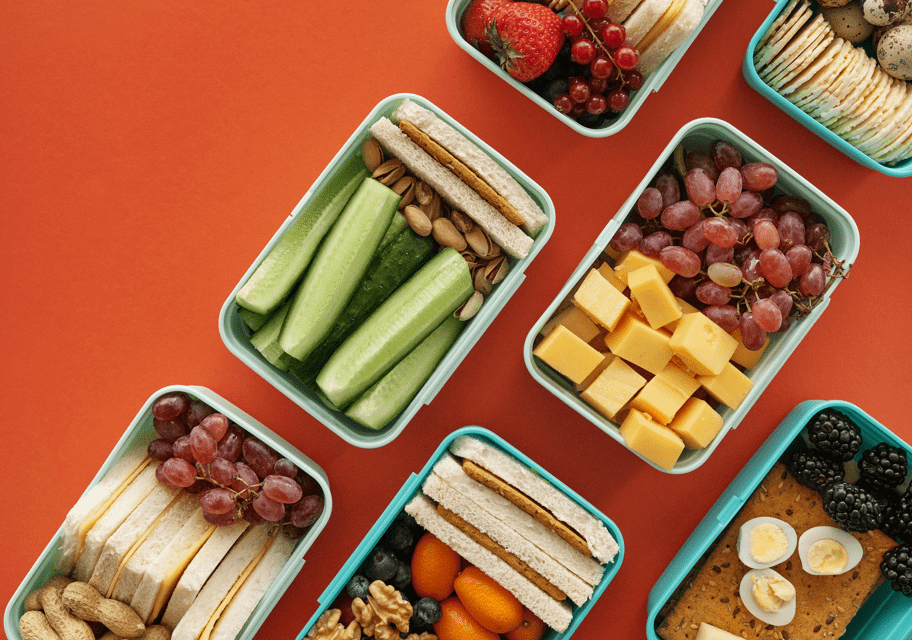When it comes to healthy eating, pulses are often the unsung heroes. Small, humble, and versatile, pulses have been nourishing humans for thousands of years. From lentils and chickpeas to kidney beans and black-eyed peas, these tiny legumes pack a punch in terms of nutrition, flavor, and culinary flexibility. The magic of Pulses – Made for Absorbing Proteins and Fibre lies in their ability to fuel our bodies and support a balanced diet in a simple, natural way.
Understanding Pulses and Their Benefits
Pulses are edible seeds of legumes, naturally rich in proteins, fiber, vitamins, and minerals. Unlike other sources of protein, they are plant-based, making them ideal for vegetarians and vegans. Fiber content helps with digestion and keeps the gut healthy, while proteins are essential for muscle building and overall growth. Regular consumption of pulses has been linked to lower cholesterol, improved heart health, and better blood sugar management, making them a staple for anyone mindful of their nutrition.
Why Pulses Are Called Nature’s Protein Packs
One of the reasons pulses are so important is that they serve as a primary source of protein in many diets, especially in regions where meat is less consumed. The protein in pulses is highly digestible and, when combined with grains like rice or wheat, forms a complete protein profile, providing all essential amino acids. This makes them a vital part of meals for growing children, athletes, and anyone looking to maintain a balanced, plant-based diet.
Fiber-Rich and Digestive Friendly
The fiber in pulses works wonders for digestive health. It helps regulate bowel movements, prevents constipation, and maintains a healthy gut microbiome. Fiber also contributes to a feeling of fullness, which can aid in weight management. Unlike refined foods, pulses release energy slowly, keeping you satisfied for longer periods and preventing sudden spikes in blood sugar levels. This combination of protein and fiber is why Pulses – Made for Absorbing Proteins and Fibre is more than just a tagline — it’s a promise of natural, sustainable nutrition.
Versatility in the Kitchen
One of the best things about pulses is how versatile they are. They can be boiled, roasted, mashed, or ground into flour to create a variety of dishes. Lentils become hearty soups or dals, chickpeas transform into hummus or chana masala, and kidney beans enrich salads and stews. Pulses can be cooked quickly or used in slow-cooked recipes, adapting to both traditional and modern cuisines. Their neutral flavor also makes them a perfect canvas for spices, herbs, and sauces, allowing endless creativity in cooking.
Economic and Sustainable Choice
Pulses are not just good for our health — they are also environmentally friendly. They require less water compared to animal-based protein sources and help fix nitrogen in the soil, improving fertility for future crops. Economically, pulses are affordable and accessible, making them a reliable food source for millions of families worldwide. Choosing pulses is a sustainable way to nourish ourselves while being kind to the planet.
Pulses in Global Diets
Across the world, pulses play an essential role in traditional diets. In India, lentils and chickpeas are daily staples; in Latin America, beans are a key part of meals; in the Middle East, chickpeas and lentils appear in countless recipes. This global appreciation highlights the adaptability and nutritional importance of pulses, reinforcing the idea that they are a universal source of protein and fiber that transcends cultural boundaries.
Tips for Cooking and Consuming Pulses
Cooking pulses properly ensures maximum nutrition and digestibility. Soaking beans and lentils before cooking reduces cooking time and enhances nutrient absorption. Combining pulses with grains or vegetables not only adds variety but also improves the overall protein quality of a meal. Additionally, pulses can be incorporated into snacks, salads, soups, and even desserts, making them a flexible ingredient for any time of the day.
The Health Connection
Regular consumption of pulses has been associated with numerous health benefits. They help in maintaining heart health by lowering bad cholesterol, support weight management through high fiber content, and provide sustained energy through slow-digesting carbohydrates. Pulses are also rich in antioxidants and minerals like iron, magnesium, and potassium, which contribute to overall wellness. By including them in daily meals, we nourish both our body and mind naturally.
Wrapping Up
Pulses are much more than simple legumes — they are nutritional powerhouses that have sustained humans for centuries. Their unique combination of protein and fiber makes them essential for healthy living, while their versatility allows endless culinary exploration. When we think about Pulses – Made for Absorbing Proteins and Fibre, we’re reminded that small, humble seeds can have a big impact on our health, our meals, and even our environment. Including pulses in your diet is not just a choice; it’s an investment in wellness, taste, and sustainability.
Another difference lies in the approach to sustainability. Many Indian spice growers are now practicing organic farming, using natural fertilizers and minimal pesticides. Fair trade practices ensure farmers are compensated fairly, preserving both tradition and livelihoods. This ethical cultivation adds value to Indian spices, making them not just flavorful but also responsibly sourced.

